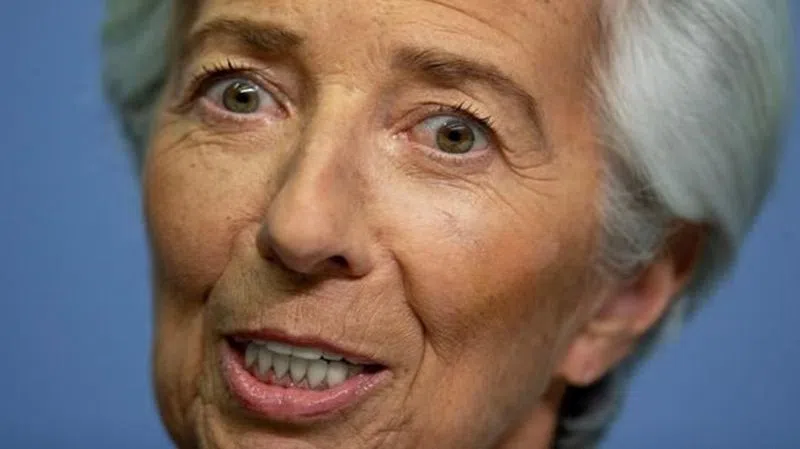
European Central Bank holds rates, launches policy review
FRANKFURT — The European Central Bank has decided to launch a top-to-bottom review of how it steers the economy in the 19 countries that use the euro currency. The review, the first since the global financial crisis, could include tweaking the bank’s goal for inflation and finding ways to help fight climate change.
The bank’s 25-member governing council on Thursday gave the green light for the proposal from new ECB head Christine Lagarde. It follows a similar review underway at the U.S. Federal Reserve.
One main focus will be the ECB’s inflation target of close to but below 2% annually. Under Lagarde’s predecessor, Mario Draghi, the ECB struggled to reach the target despite despite massive stimulus measures – it lowered interest benchmarks below zero and pumped 2.6 trillion euros ($2.9 trillion) into the financial system through bond purchases.
A moderate level of inflation is considered to offer a margin of safety against deflation, a vicious circle of falling prices, investment and slow growth. Some inflation also helps indebted countries in the eurozone improve their price competitiveness compared with near trade partners. The central bank’s current goal could be replaced by a range or a different formulation.
